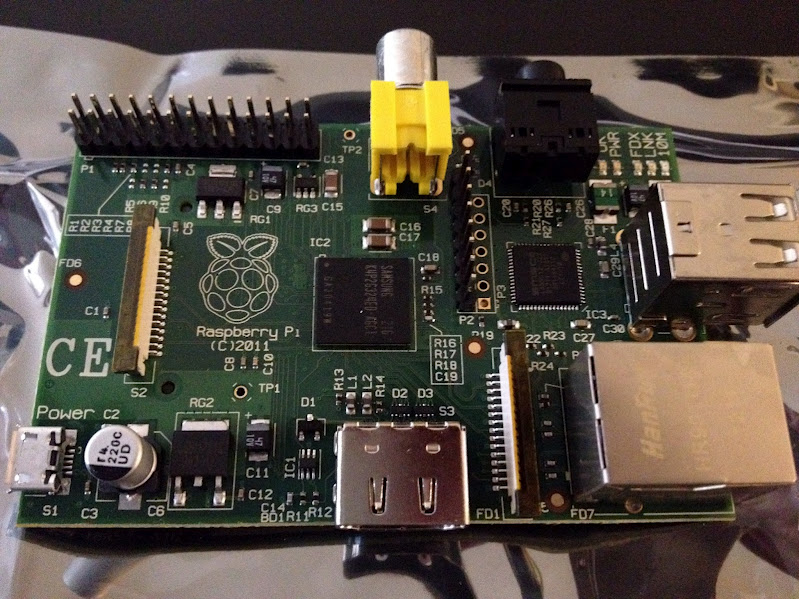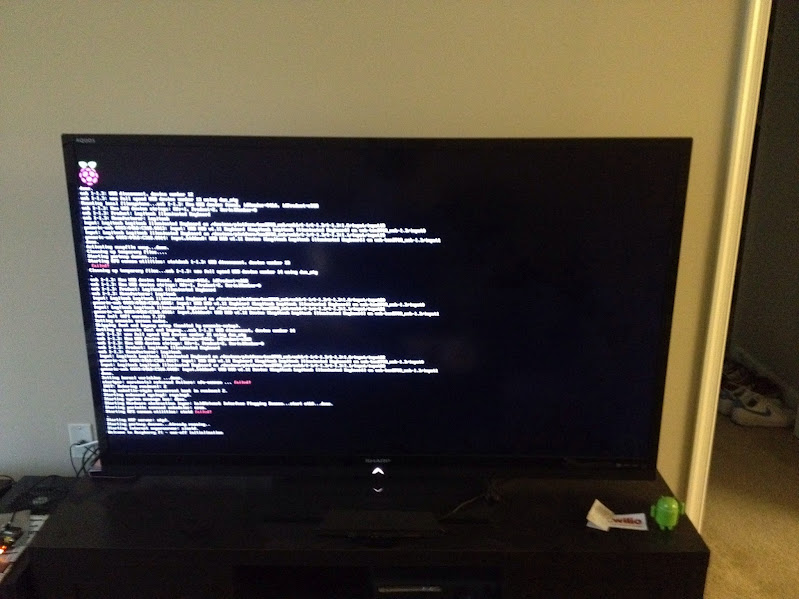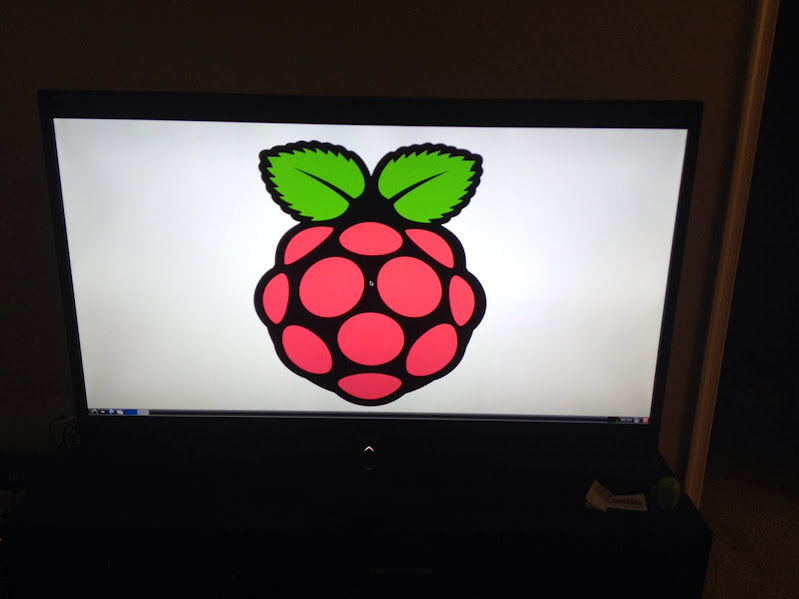Last night Microsoft unveiled Surface, its entry into the already crowded tablet arena. The name, you might be thinking, sounds awfully familiar. That’s cause it is. Anyway, the hardware of this reincarnation is not a table, it’s actually quite sleek.
WWDC Recap
If you remember from last week, I made some predictions about what Apple would reveal today at WWDC. Let’s recap what actually happened, and we can see the hits and misses.
New Macs
Yep. Refresh for the Air and Pro lines, and the introduction of the “Super Pro”. Yeah, I was wrong about the “Retina” all around, and nothing for the Mac Mini, but I’d say I was pretty darn close. There was technically an update for the Mac Pro, but as Marco from Instapaper points out, they basically didn’t do Pro owners any favors.
Mountain Lion
Got a release month (July). There was iCloud Tabs, and a few other iOS features (Notification Center, iMessage, etc.) coming to the desktop.
iOS 6
I was a bit disappointed. Nothing I saw made me feel like I needed to have the newest update, since most of the new features are already present in the competitor’s latest offering, Ice Cream Sandwich. Can’t wait to see how Google strikes back in two weeks.
My WWDC 2012 Predictions
Since essentially all other tech blogs are writing about their predictions for Apple’s Worldwide Developer Conference which is being held next week, I’ve decided to throw my guesses into the ring, so we can go over them next week, and see how I did. I’ll try to touch on all the big rumors that are going around, but if I miss one, feel free to mention it in the comments.
Things that I think are likely/definite:
New Macs
As any techy will tell you, Intel has shipped some new generation CPU’s recently (referred to as Ivy Bridge), which would be natural fits for the aging Macbook Pros, as well as the Macbook Airs, iMacs, and even the Mini/Pro. This would also confirm another rumor that’s going around regarding USB 3.0, since the Ivy Bridge CPUs ship with USB 3.0 support. It’s also believeable that there will be a new Mac Pro too.
The Raspberry Pi Has Arrived!
As the title suggests, I just received my Raspberry Pi (Model B) in the mail. For those who don’t know about the Raspberry Pi, it’s a small little computer with 256MB of RAM, a 700MHz CPU and a GPU capable of 1080p output over HDMI. Connectivity is provided via 2 USB 2.0 ports, and a RJ45 10/100 Ethernet port. There’s HDMI and RCA video, and a 3.5mm jack for audio. Lastly, there’s an SD slot on the bottom for storage, and the device is powered by a microUSB port, the same one as most smartphones.

I have to say, despite looking at pictures, and seeing information about the Pi on the web, I’m still surprised how small this thing is. It’s so small that the box that it comes in looks like a deck of playing cards:

I decided to go with the Debian image, not only because I’m familiar with it, but also because that is the suggested distro in the documentation. I’m considering switching to Arch after I fiddle around with it a little bit more. After quickly running to pick up an SD card, I hastily plugged in the Pi to my home network, and plugged in the power. A few seconds later, and I was up and running. I logged in and tried the default setup of LXDE (pictured below), and I have to say, it’s a little sluggish. I tried out some of the included apps, like Midori (the default browser), and a few of the included development tools.

While the CPU is a little on the slow side, the GPU performance looks impressive. It plays 1080p content with no trouble, and I’m going to try streaming some video from my NAS later. Others on the internet have reported no issues with that so far.
Anyway, I still haven’t figured out what I’m going to do with it yet, but it is a pretty fun little machine. I am investigating options for cases, since I also don’t really have a good place for it yet. I was looking at this one on Shapeways, but then the case would cost more than the computer itself! The Raspberry Pi foundation appears to be working on something though.
Small Computer, Huge Screen

Is it worth the $35? Yeah, I think so. Maybe not to the average person, since it’s pretty underpowered for things like web browsing. The community around this thing seems huge (and probably will grow as more are shipped) which makes me feel there will be more in store for it. At this price, it’s slightly more expensive than an Arduino, and a lot more versatile (at least from a software perspective).
Everyone Should Learn to Program
I was reading a post the other day which was written as a response to Jeff Atwood’s seemly controversial blog entry, entitled “Please don’t learn to code”. The part that struck me the most is quoted here:
We learn new things because our perception of the world is shaped by our mental catalogues of what is possible and what it useful. We constantly filtering out perceptual noise on the criterion that it doesn’t help us achieve some goal or end. Just think of when you learn a new word. You suddenly hear it everywhere. Not because everyone else just learned it too, but because you had been filtering it out. It didn’t help you get around because you didn’t know how to use it.
If you don’t know how to program, you filter out all parts of the world that involve programming. You miss the loops and divide-and-conquers of everyday life. You cannot recognize programming problems without the understanding that outlines these problems against the noise of useless or random information.
The whole thing is worth the read, so if you have a few minutes, I highly suggest it.